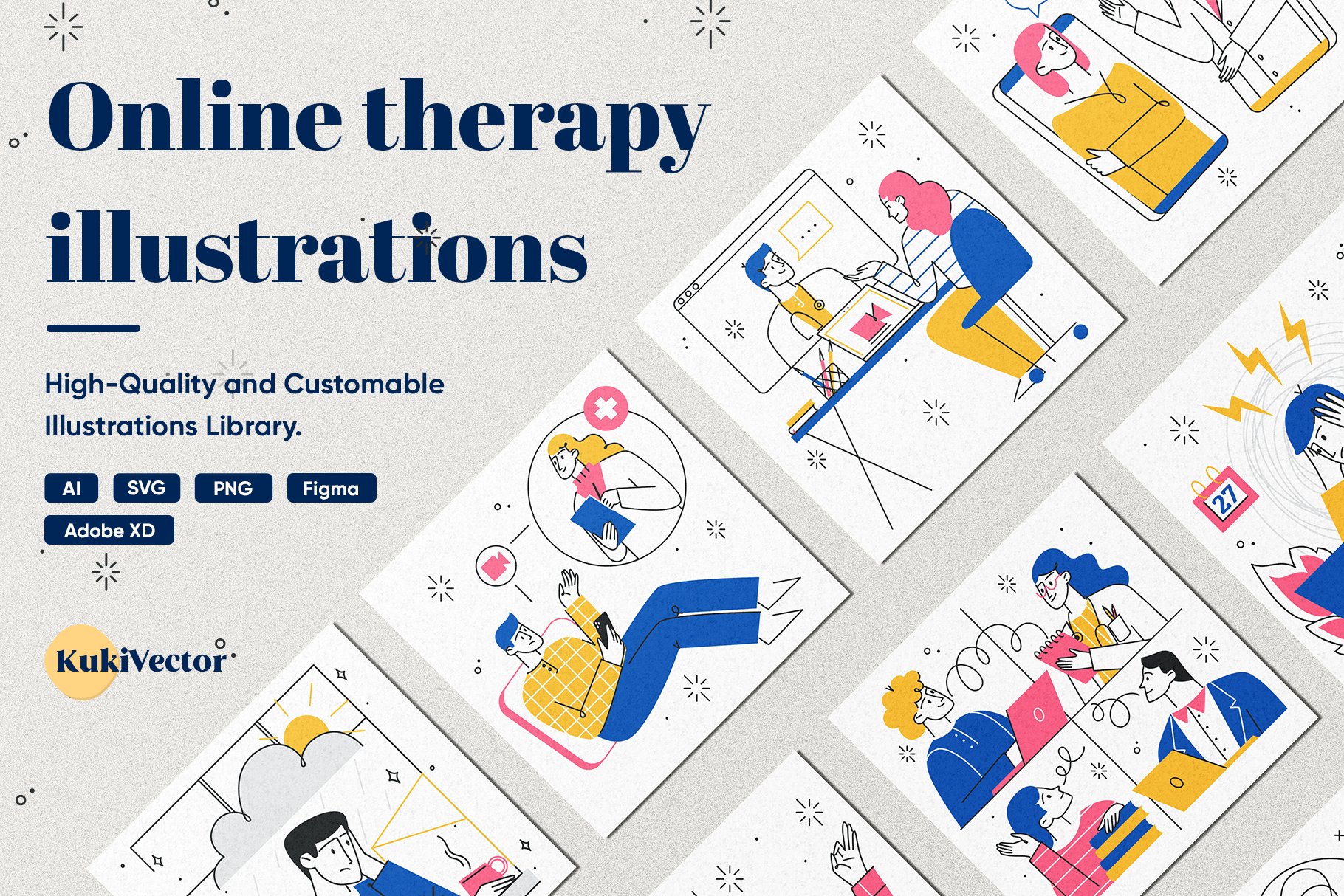The Science of Compassion: The Way Empath Therapy Can Transform Lives
Compassion is a potent tool that has the potential to transform not only single lives but also the relationships we share with others. In a world often marked by anxiety, seclusion, and lack of clarity, empathic therapy emerges as a beacon of promise. By fostering deep psychological connections, this therapeutic approach allows individuals to explore their emotions in a secure environment, ultimately leading to recovery and personal growth.
The practice of empath therapy encourages clients to tune into their own feelings while also understanding the feelings of others. This unique perspective changes the way we perceive our events and interact with those around us. As we delve into the advantages of empath therapy, it becomes evident how this approach can help foster empathy, enhance communication, and promote strength, paving the way for significant life transformations.
Grasping Empathetic Treatment
Empathetic therapy is a singular approach that entails accessing the deep emotional understanding of persons who consider themselves empaths. Empathetic individuals are very sensitive individuals who can naturally perceive the emotions and vibrations of those around them. This therapy seeks to utilize this natural ability to foster a supportive environment that facilitates healing and self-exploration. By concentrating on the emotional journeys of individuals, empath therapy creates a safe environment where clients can explore their emotions without judgment.
One of the central principles of empathetic therapy is the emphasis on attentive hearing and validation. Therapists trained in this approach are skilled at not only paying attention to their individuals but also echoing the emotions expressed. This validates the client's experiences and enables them feel validated. The healing relationship formed during meetings is essential, as it establishes confidence and permits individuals to reduce their barriers, enabling intimate emotional work.
Moreover, empathetic therapy supports individuals to develop their emotional intelligence and self-awareness. Through different techniques such as awareness, imagery, and conversation, individuals can discover to differentiate their feelings from those of others. This separation is crucial for empathetic individuals, who often face challenges with overwhelming feelings. By comprehending and managing their affective landscape, clients can live more enriching existences, free from the weights of taking on other people's feelings in excess.
Benefits of Empathic Therapy
Empathic therapy offers a special approach to mental and emotional healing by utilizing the empathetic nature of empathic individuals. One of the main benefits is the deep connection it develops between the therapist and the client. This connection allows for a secure space where clients feel understood and validated. As empaths naturally resonate with the emotions of others, they can provide unique support, enabling clients to express their feelings freely without fear of judgment.
Another significant advantage of empathic therapy is its ability to improve self-awareness. Through empathetic listening and reflection, clients are guided to explore their inner thoughts and emotions more profoundly. This process leads to enhanced insights about their behaviors, triggers, and relationships. As clients become more aware of their emotional landscape, they can develop healthier coping strategies and maximize their overall mental well-being.

Additionally, empathic therapy promotes healing from trauma and emotional pain. By validating clients' experiences and aiding them process their emotions, empaths can foster a transformative healing experience. therapyhelpers can empower individuals to free themselves from old wounds and build resilience. As clients learn to navigate their emotions with greater ease, they often find renewed hope and motivation in their lives, ultimately culminating in a more fulfilling existence.
Practical Applications and Techniques
Empathy counseling involves various techniques that support people access their empathetic abilities for personal development and recovery. One effective method is active listening, where the therapist encourages patients to express their ideas and emotions openly. By providing a secure space for communication, patients feel validated and heard, which promotes a richer understanding of their feelings-based terrain. This method enhances their capacity to recognize and respond to the feelings of others, strengthening interpersonal connections.
Another technique is directed imagery, where the counselor guides patients through cognitive visual exercises to investigate their feelings. Patients may imagine scenarios that stir emotions of compassion, facilitating a deeper comprehension of their influence on other people. This method not only promotes self-awareness but also cultivates compassion. Through these visual practices, individuals can develop a deeper feeling of connection to those around them, which is crucial for psychological healing and resilience.
Dramatic play is also a powerful method in empathy therapy. Through this technique, individuals have the opportunity to step into someone else's perspective, allowing them to experience situations from different viewpoints. This engaging practice enhances their compassionate skills, making it simpler to navigate challenging social interactions. By engaging in role-play, patients learn to react with greater kindness and understanding, ultimately transforming their connections and enhancing their emotional well-being.